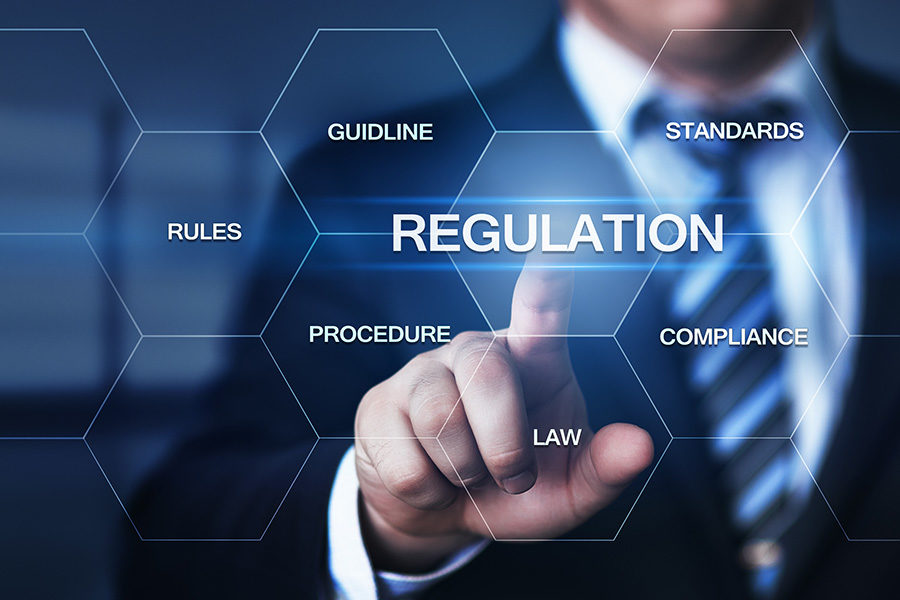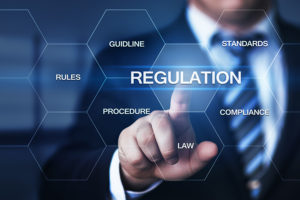Illegal gambling in the UK: regulator rejects “exaggerated” claims

The Gambling Commission has refuted claims from some operators about the size of the illegal gambling market in the UK.
UK.- The Gambling Commission has refuted claims from some operators that some of the measures proposed in this year’s review of British gambling legislation could favour the illegal market.
As the UK government begins a wholescale review of the 2005 Gambling Act, operators have cited a report from PwC that found that 9 to10 per cent of UK gambling-related searches on the internet were for black market sites.
The report found that 200,000 British gamblers used unregulated sites between 2018 to 2019. They made 27 million visits to unlicensed sites – 2 per cent of all visits to betting sites – and staked around £1.4bn.
Some industry figures have said the report should be taken as a warning of the potential dangers of overregulation in the gaming sector.
They say that proposed changes in legislation to introduce limits on stakes and game speed and increased affordability checks could push customers towards a thriving black market that offers no customer protection at all.
But Gambling Commission chief executive Neil McArthur has criticised the report arguing that it does not distinguish between real visitors to unregulated sites and automated bots.
He said the resulting findings were “not consistent with the intelligence picture”.
McArthur said: “We know that licensed operators and their trade bodies are concerned about the impact of the illegal market, but our own evidence suggests that the impact may be being exaggerated.
“In any event, we are not convinced by the argument that suggests that raising standards in the licensed market will prompt consumers to gamble with illegal operators.”
Some politicians in the UK want the Gambling Commission to be axed as part of the review.
Dangers of the illegal gambling market
The Betting and Gaming Council (BGC) continues to argue that the dangers of the illegal market are very real.
In turn, it has also criticised “mendacious” messages from gambling prohibitionists.
Chief executive Michael Dugher said: “As the standards body for the regulated industry, we have strongly welcomed the Gambling Review.
“However, it is vital that it does nothing to drive punters towards the illegal, online black market, which has none of the protections in place that the regulated industry does.
A spokesperson for the BGC added: “We have repeatedly called on the government to use the online harms bill to crack down on access to these sites, and we would support financial service providers being obliged to block black market transactions.”
Labour MP Carolyn Harris, Chair of the All-Party Parliamentary Group on Gambling Related Harm, is not convinced.
She said: “The online gambling industry talks up the threat of the black market in an attempt to resist regulation and protect its profits, but trying to hijack the debate by manufacturing dodgy dossiers of information to further their own ends is an incredibly transparent tactic and will not be any kind of excuse to hold down standards.”
Gambling Commission website adds detail on player rights
Meanwhile, the Gambling Commission (UKGC) has added a new section to its website, informing the public about rights and protections when taking part in gambling.
The “Money and Rights” section in the site’s “Public and Players’ information” category provides information on opening accounts, ID verification, disputes and the data rights that must be guaranteed by licensed UK gambling operators.
It also lists which banks allow customers to block gambling transactions and provides information on how gambling can impact credit scores.









